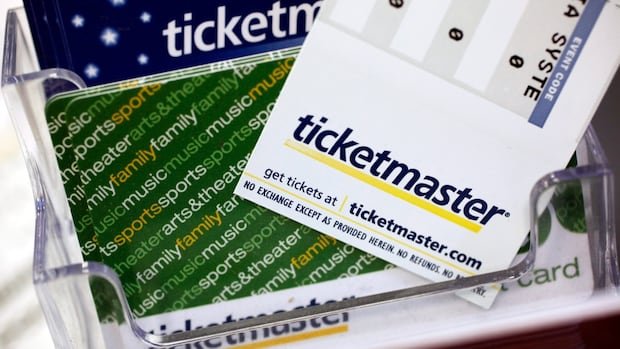The U.S. Federal Trade Commission (FTC) and a bipartisan coalition of state attorneys general filed a lawsuit against Ticketmaster and its parent company on Thursday. The complaint alleges that the companies are utilizing unlawful methods to compel consumers to pay inflated prices for live event tickets.
According to the FTC, Live Nation and its subsidiary, Ticketmaster, have been misleading artists and consumers by promoting lower ticket prices than the actual charges. Additionally, they have falsely claimed to enforce strict limits on the number of tickets individuals can purchase for an event. In reality, Ticketmaster collaborates with ticket brokers to circumvent these purchase restrictions. These brokers utilize fake accounts to acquire millions of dollars’ worth of tickets, which are subsequently resold at significantly higher prices on Ticketmaster’s platform, resulting in additional fees for the company.
Ticketmaster reportedly controls over 80% of primary ticketing for major U.S. concert venues, with consumers spending more than $82.6 billion on Ticketmaster tickets between 2019 and 2024. FTC Chairman Andrew Ferguson emphasized the importance of affordable access to live entertainment for all Americans.
The lawsuit was filed in the U.S. District Court for the Central District of California and was supported by the attorneys general of several states. Ticketmaster has faced scrutiny since its mishandling of ticket sales for Taylor Swift’s Eras Tour in 2022. Efforts to reform the industry have been gradual, with recent actions including a ban on hidden fees and increased transparency in ticket pricing.
The U.S. government, including President Donald Trump, has taken measures to address anti-competitive behavior in the ticketing market. In a separate case, the FTC sued a Maryland-based ticket broker for similar deceptive practices involving Ticketmaster accounts.
In Canada, concerns have been raised about Ticketmaster’s pricing practices, with the Competition Bureau previously suing the company for misleading consumers through “drip pricing.” Despite a settlement agreement, questions remain about the company’s pricing strategies and consumer satisfaction.
Keldon Bester, from the Canadian Anti-Monopoly Project, highlighted the challenges in addressing these practices in Canada compared to the U.S. The Competition Bureau is monitoring the U.S. lawsuit but has not confirmed any similar investigations at this time.


